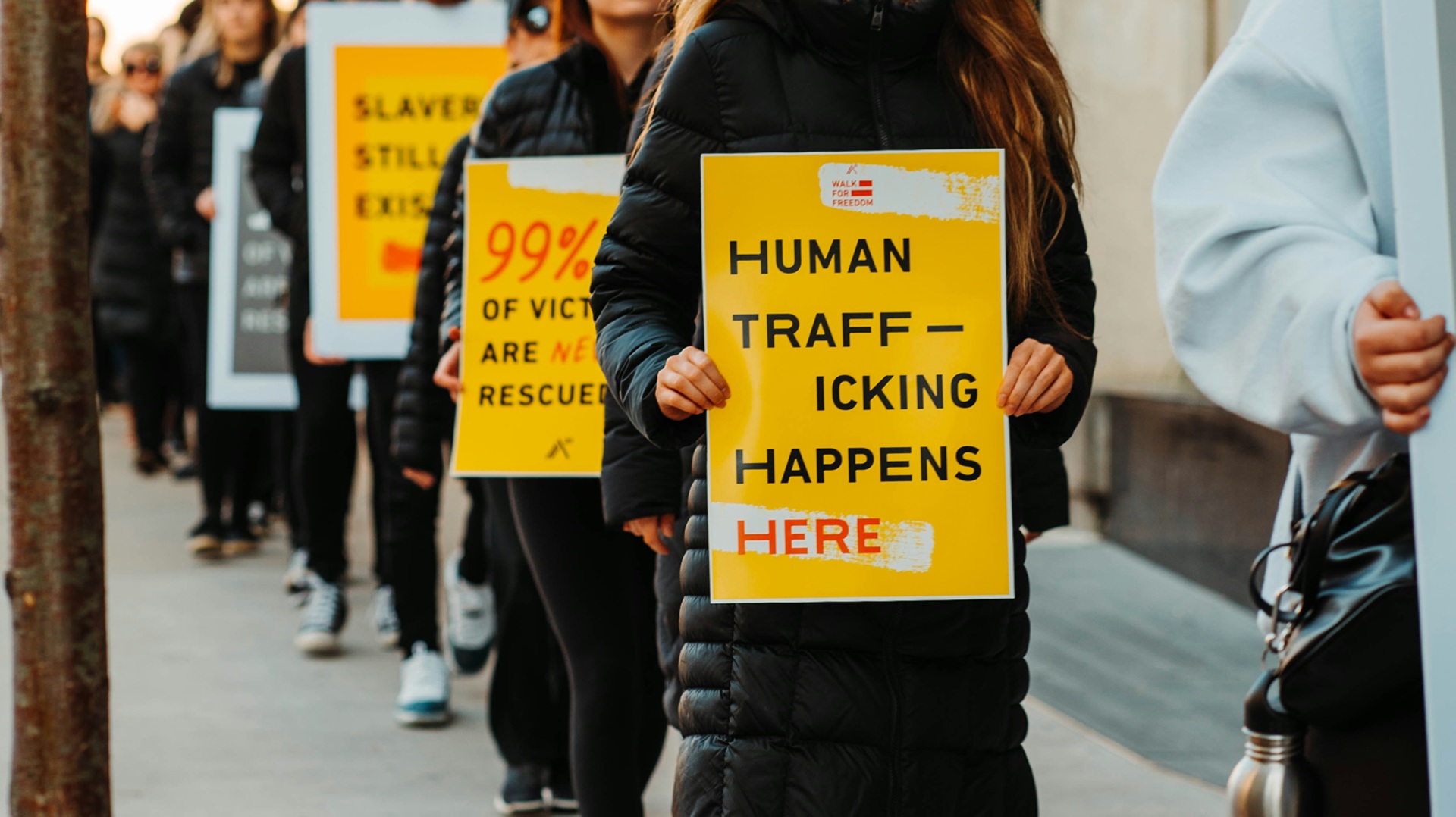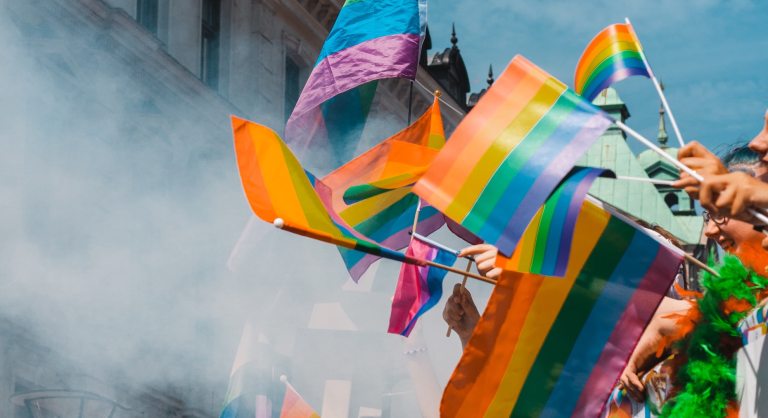This year, the Modern Slavery Act will be ten years old.
Former prime minister Theresa May described modern slavery as “the great human rights issue of our time”, and the act was aimed to situate the UK as pioneers in the fight against exploitation setting a benchmark for other nations. Yet a decade on, justice is out of reach for many survivors. For them, escape from trafficking and modern slavery does not mean freedom comes easily. Survivors are often trapped within the UK legal system, which punishes and criminalises them due to crime they were forced to commit. Rather than freedom, some survivors face arrest, imprisonment or deportation for offences they committed under threat and coercion.
Under the Modern Slavery Act, a new mechanism was introduced to protect survivors from being prosecuted for crime they were forced to commit. However, this ‘Section 45’ defence only provides a statutory defence for victims who are forced to commit crimes as a direct result of their exploitation. In theory it should prevent unjust prosecutions for offences victims had no real choice in committing. However, its effectiveness is limited by a long list of exempt offences. There are more than 100 crimes which are not covered, including many linked to forced criminality such as possessing a weapon. In our experience at Hibiscus Initiatives, we speak to many survivors of modern slavery and criminal exploitation who have been made to carry weapons for protection or under duress, who are not covered by Section 45.
Additionally, a lack of specialist training among professionals including police, solicitors and judges means the defence is often underused, leaving many survivors criminalised instead of protected. There is no public data on how often Section 45 is successfully used, making it impossible to assess its effectiveness.
- Migrant care worker left homeless after being ‘exploited’ UK employer: ‘It’s a national scandal’
- I was forced to work unpaid and never let out of the house. Modern slavery is all around us in the UK
- We’re the first people modern slavery victims speak to when getting help. Their stories are shocking
As we approach the anniversary of the Modern Slavery Act, our reflections must reflect the ongoing criminalisation of survivors. Despite the aim to protect them, hundreds have been prosecuted and imprisoned for offences directly linked to their exploitation under the Act. Data obtained by After Exploitation and openDemocracy shows that, between March 2023 and June 2024, 368 people in UK prisons were identified as potential modern slavery survivors. This statistic alone exposes the failure of our justice system to recognise coercion, yet it is likely the tip of the iceberg.
The UK’s approach does not just criminalise survivors, it deports them. Survivors of modern slavery already faced immigration insecurity, due to a lack of guaranteed, long-term immigration leave for survivors. Now, under the Nationality and Borders Act 2022, new ‘Public Order Disqualifications (PODs)’, allow the Home Office to deny trafficking victims support or protection from deportation if they have received a sentence of 12 months or more. This flies in the face of the ‘non-punishment’ principle in international law, which should protect survivors from being penalised for crimes committed under coercion. In 2024 alone, 242 potential trafficking victims were disqualified from protection under this policy.










